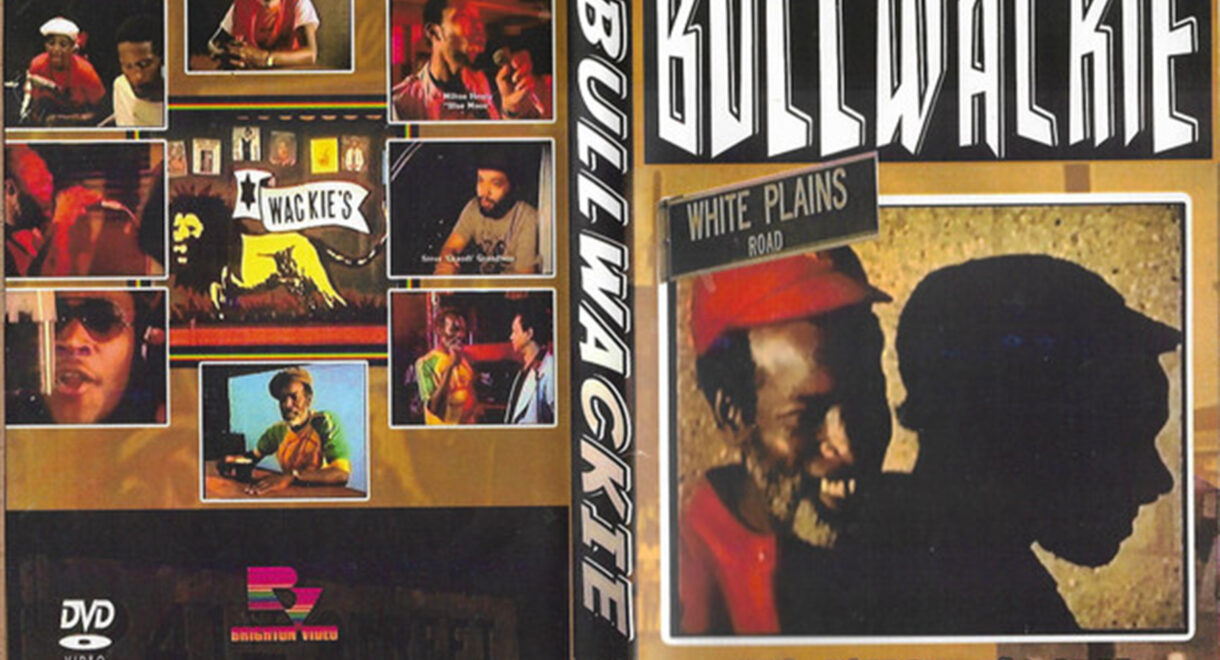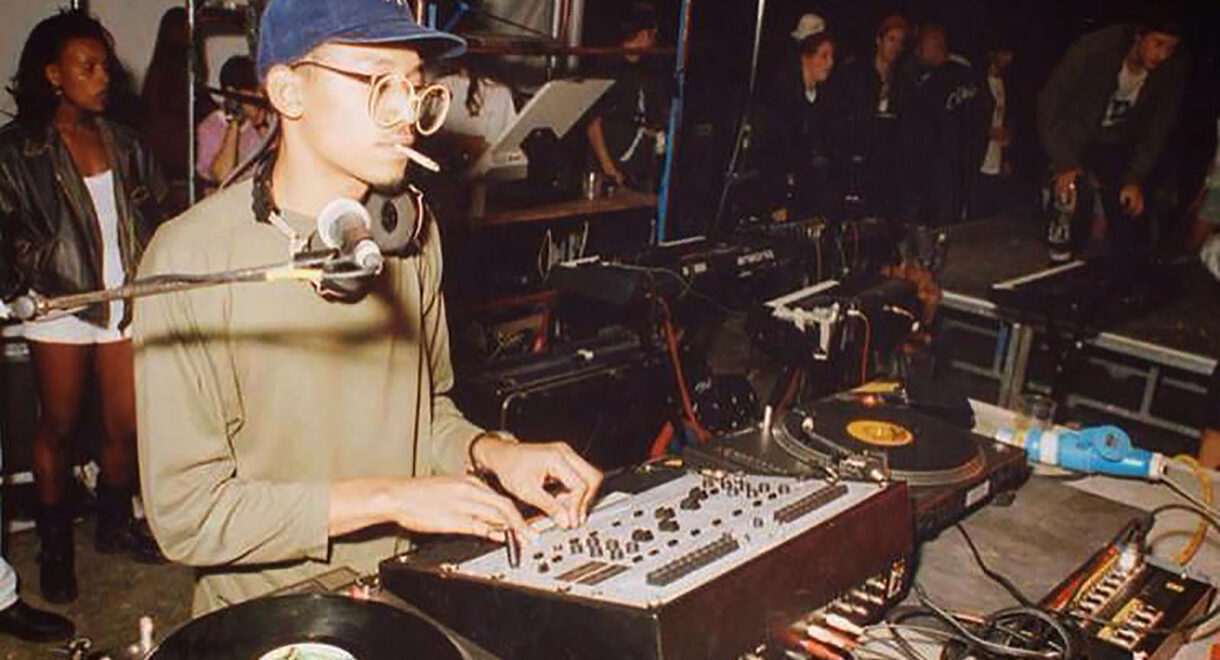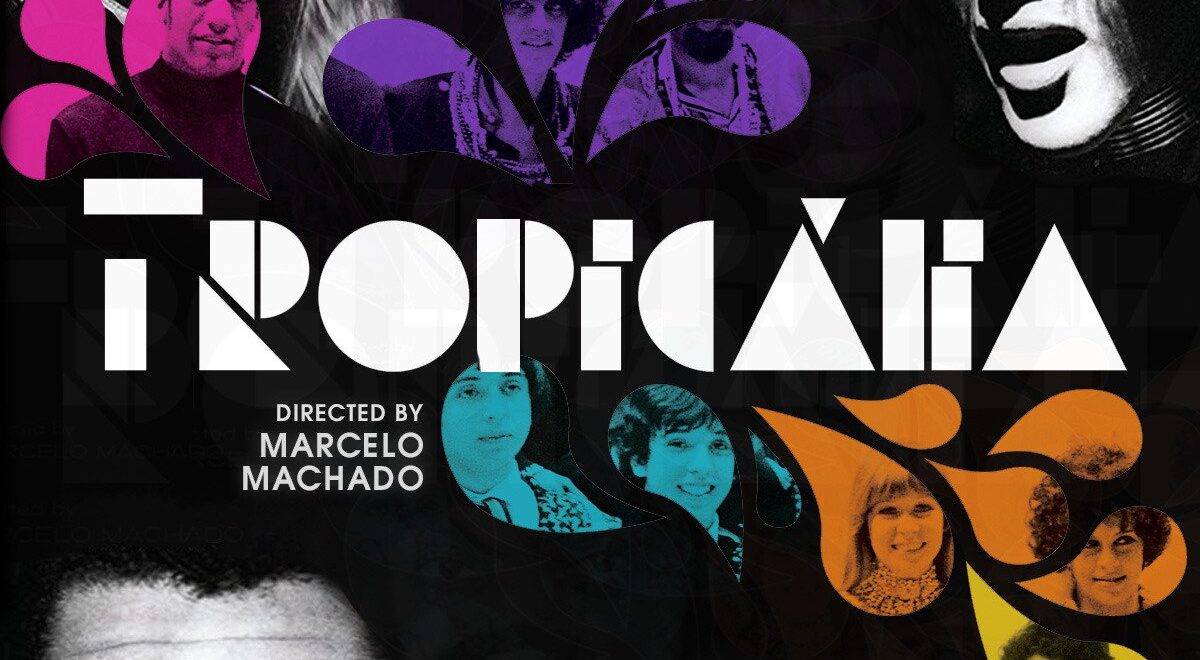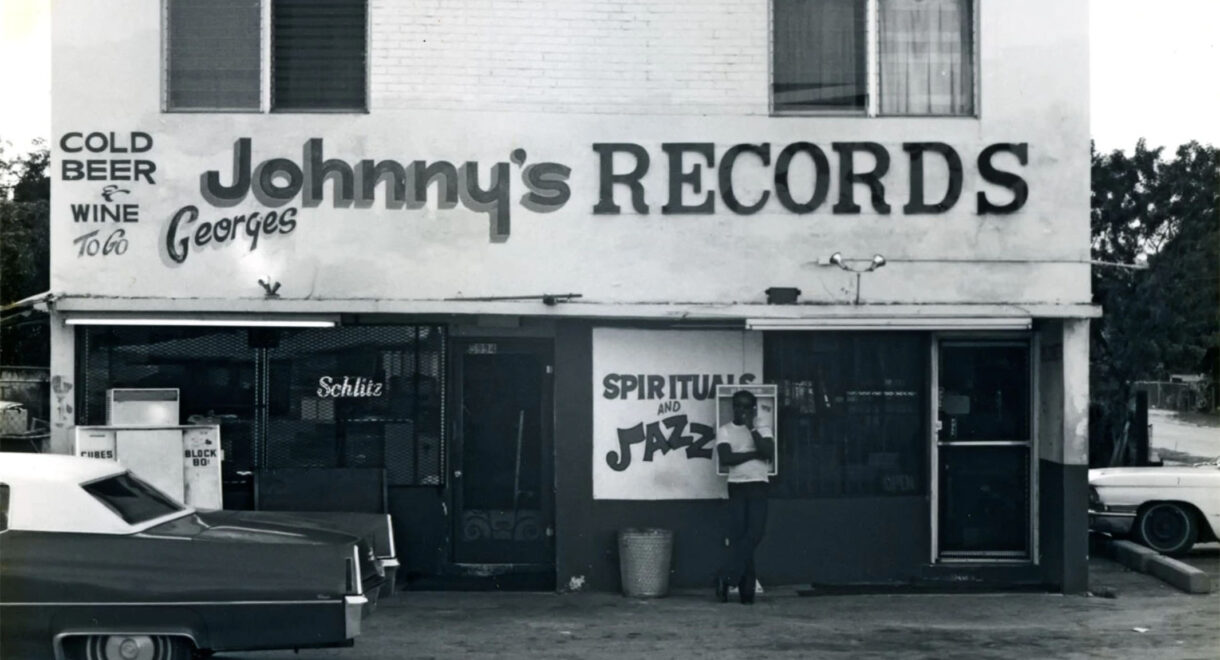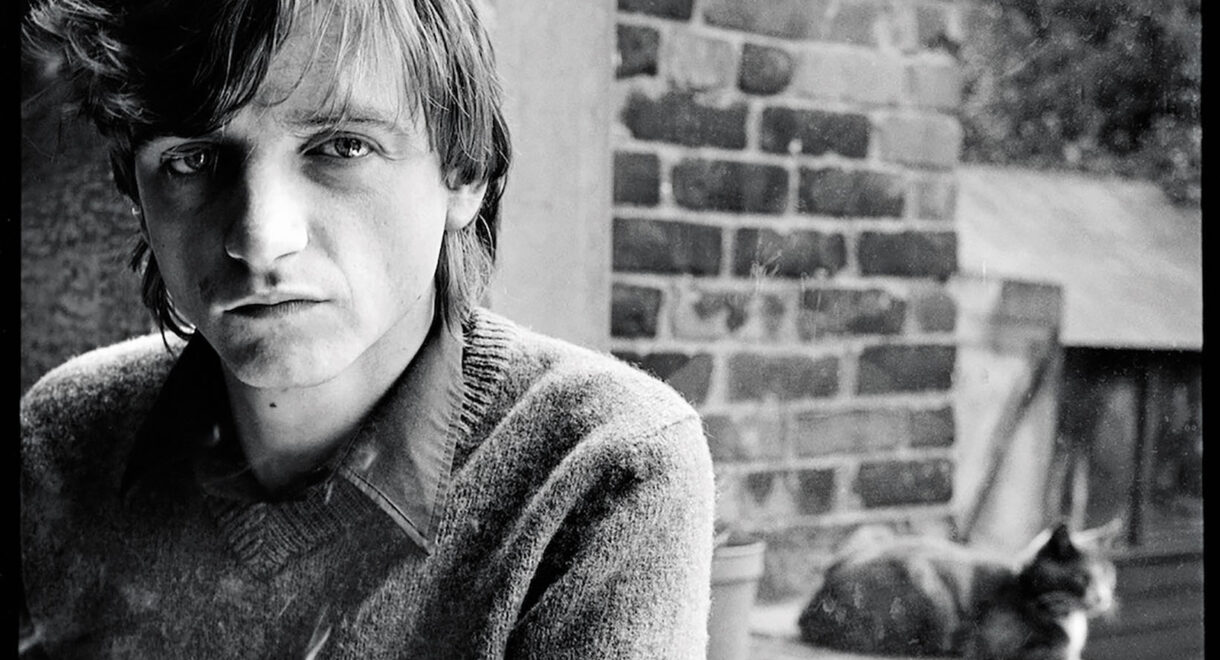Watch John Peel’s Channel 4 TV series ‘Sounds of the Suburbs’ series featuring Aphex Twin, Robert Wyatt, Luke Vibert, and more! “This is how I shall die, incidentally: […]
Songbird in Exile: The film that changed Miriam Makeba’s life

The film ‘Come Back to Africa’ is now available online and captures an essential voice in the throws of apartheid.
Music and politics seem to veer away from each other as the decades go on, but there’s an effortless power that melody and lyrical poetry has on awakening emotions ranging from hope to anger. For some musicians their very existence is political, and there is no better representation of that than in the story of South African singer, songwriter, and activist Miriam Makeba. She was only 18 days old when her mother, a traditional healer and domestic worker, was arrested by the apartheid government for making alcoholic ferments at home. Baby Miriam was taken to prison with her. It’s ironic that a young life so carelessly thrown in jail would soon become the songbird of the South African revolution.
There were many popular musicians who used their platforms to continue the fight for the rights of Black South Africans, even in the violent face of a colonially minded government. Hugh Masekela was among the few Black artists like Makeba who had a national audience, and as the movement they helped cultivate grew, the government became even more sensitive and draconian.

Makeba was eventually exiled in response to a film she had a starring cameo in called Come Back to Africa. Shot by American political filmmaker Lionel Rogosin, the docu-fiction was shot in secret in South Africa under the very real threat of not only arrest but retaliation.
Once the rolls of film crossed the country’s borders, they were edited and released — to great fanfare from global film festivals — for its illuminating perspective and stunning visual treatment. Makeba was returning from a screening of the film at the 24th Venice Film Festival when she learned that her passport had been revoked without warning.
Though her musical performance in the film lasted a mere 4 minutes, it would take nearly 30 years before she was allowed to return to South Africa. In that time she was a tireless diplomatic voice for the end of Apartheid.
The film was recently shared online in stunning quality, and the reality it reveals makes it a compulsory watch for all fans of South African music genres from Cape jazz to bubblegum pop.





